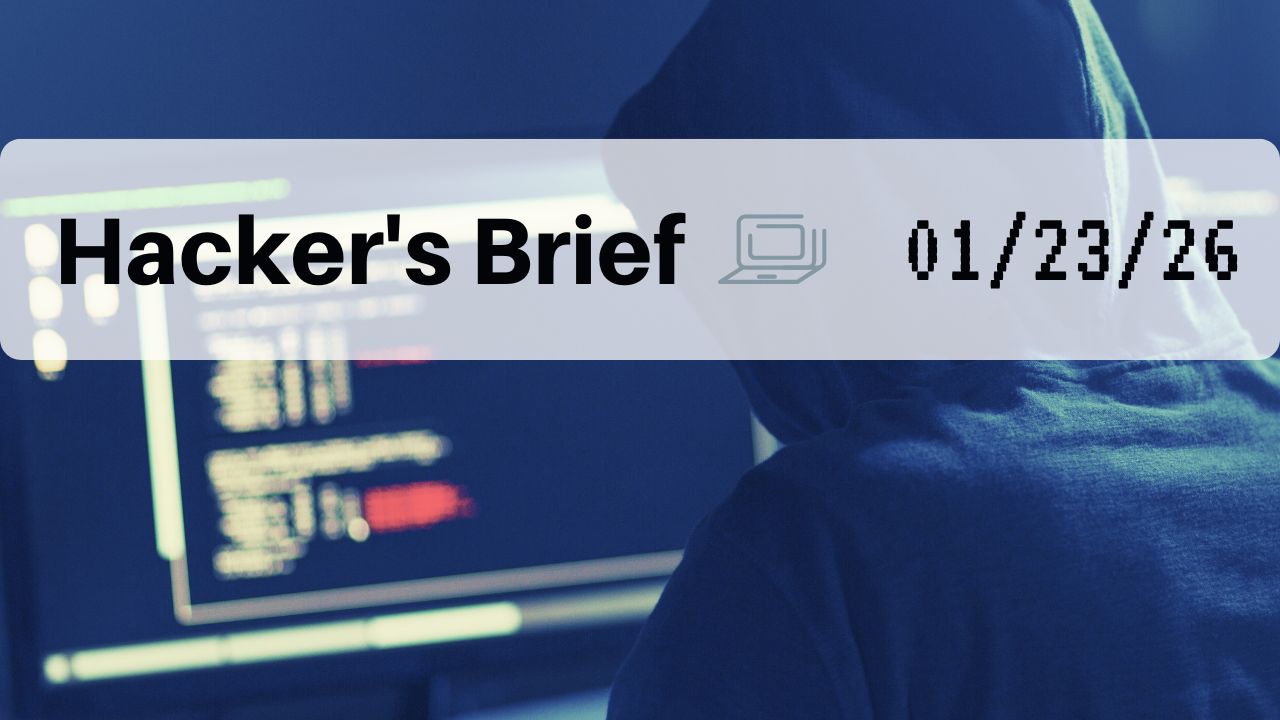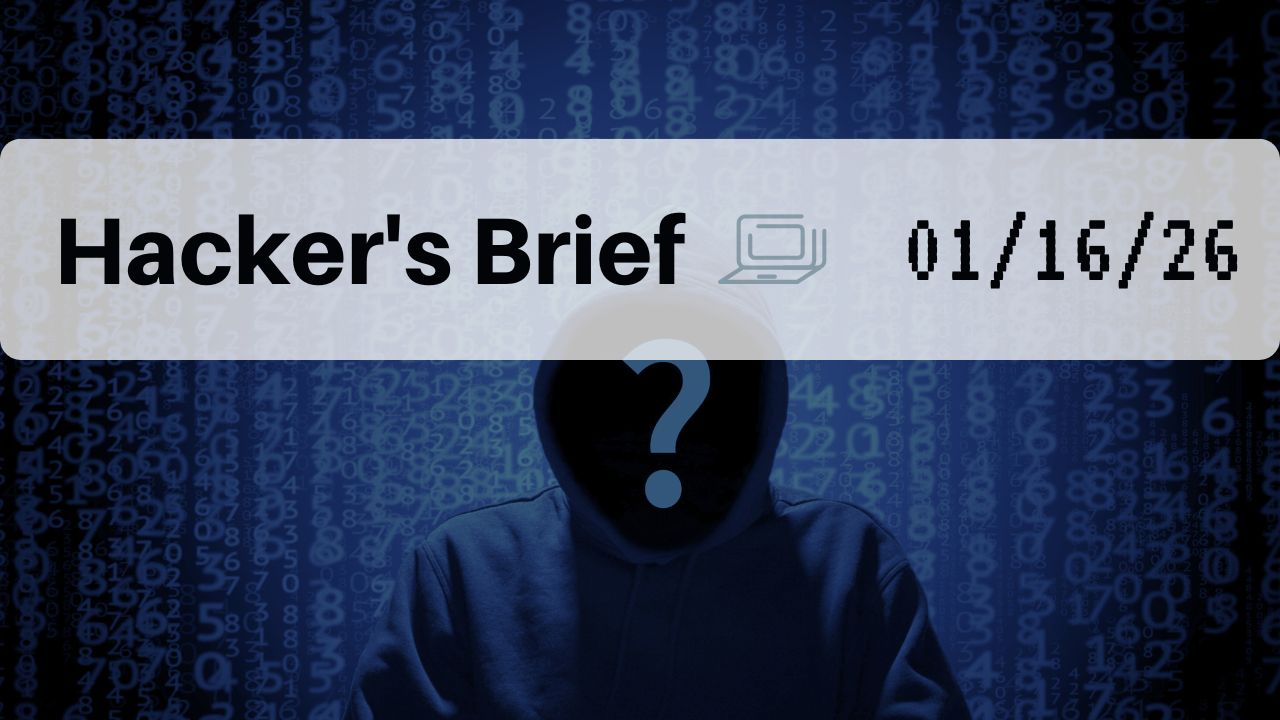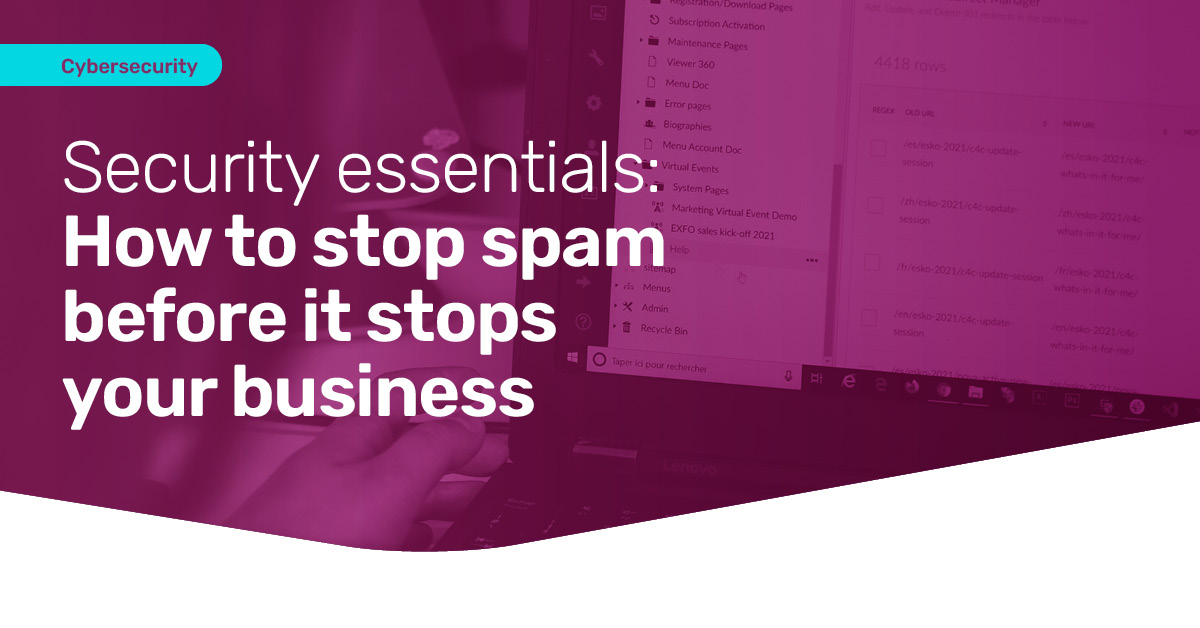
www.wyocan.org
www.cyberwyoming.org/alliance
307-314-2188, PO Box 2332, Laramie, WY 82073
Be wary of emails from tut.com:
As we noted last week, there are a number of email scams being sent from tut.com email addresses. Although we have notified the company many times, we see new ones almost every week. There may be legitimate businesses and persons who use that email address, so you may not want to block all the emails but keep an eye out. Some of the recent ones our citizen reporters have sent us have been for fake service notifications and notices that you’ve won a $500 gift card or Keurig coffee maker. All these scams contain links that you should NOT click. Reported by a Sheridan citizen.
Ignore Emails From Audu:
If you receive an email from Audu Bello at a Gmail address with the subject line of “hello” claiming that Audu has reached out a couple of times but hasn’t heard back, don’t respond. This is a typical ploy to try to see if your email address is active and if you reply, it will open you up to more scams. Just delete. Reported by a Laramie citizen.
Mr. Phillip Smith Scam Email:
Although Mr. Smith claims to be a research assistant from a pharmaceutical company in Spain who is looking for a person in the US to help his company with supply chain issues to produce cancer treatments and “other life saving medications” note that this requests comes from a Gmail address and never really mentions the actual company name. The subject line is “Re: Greetings” as if Mr. Smith was replying to an email you sent. Just delete. Reported by a Laramie citizen.
New Year’s Resolution to Manage Debt Can Go Very Wrong:
The New Year is often when people decide they are going to get a handle on their debt, particularly if they overspent over the holidays. Unfortunately, there are a lot of scammers waiting to take advantage of these well-intentioned people. Some of the scammers go so far as to take upfront payment AND tell you to stop making payments to credit cards and other debts. So now you’re out the “fee” as well as even deeper in debt. See aarp.info/fwndeb for more details and spread the word to your family and friends.
Social Security Administration (SSA) Warning – Imposter Scams:
Crooks are using fake identity evidence aimed at convincing victims they are government employees, including picture and forged official documents. The Department of Justice recently announced it is increasing efforts with their Transnational Elder Fraud Strike Force to try to combat the social security imposter scams. Here’s the scams reported so far:
- Crooks usually call victims, but sometimes even show up in person with forged documents. They claim that the individuals Social Security Number has been suspended because of some problem and often claim that the SSA has overpaid the victim and the victim must pay the SSA back immediately.
- Other scammers say that there is a problem with the victim’s bank account and they need to move their money to a “safe” account, stealing the victim’s money.
- Letters have been spotted saying victims are entitled to a cost of living adjustment (COLA) and to call a toll free number, which is also a scam.
- Finally, the SSA doesn’t sell products or services so don’t believe it if you receive a call from the “customer service department.”
Avoid scams by always checking with the bank or calling the real SSA at 800-772-1213. Never give your social security number over the phone and never pay in untraceable methods like cash, cryptocurrency, gift card, or money-wiring services. If you think you have been scammed tell the SSA at secure.ssa.gov/ipff/home. For more information about spotting a SSA imposter scam check out: www.ssa.gov/scam/.
Malicious Code in Microsoft Excel:
After Microsoft introduced more protection for Microsoft Office from malicious code introduced via add-ins, hackers found a new way to exploit through XLL files in Microsoft Excel. Before the XLL file can be run and infect a system, Microsoft will display a security message warning the user there is no digital signature available. Users must make sure to click “Leave this add-in disabled.”
MS-ISAC and CISA Patch Now Alert:
The Multi-State Information Sharing and Analysis Center (MS-ISAC) or the Cybersecurity & Infrastructure Security Agency (CISA) has published a patch now (update your software) alert for Sophos Firewall, Mozilla Firefox browser, Mozilla Firefox Extended Support Release (ESR), Oracle applications and database (the quarterly critical patch is available), Junos OS (the operating system for Juniper network products), Brocade Fabric OS.
Please report scams you may experience to phishing@cyberwyoming.org to alert your friends and neighbors.
Other ways to report a scam:
- Better Business Bureau Scam Tracker: bbb.org/scamtracker/us/reportscam
- Wyoming Attorney General’s Office, Consumer Protection 307-777-6397, 800-438-5799 or ag.consumer@wyo.gov
- File a complaint with the Federal Trade Commission at reportfraud.ftc.gov
- Report your scam to the FBI at www.ic3.gov/complaint
- Reported unwanted calls to the Federal Trade Commission’s Do Not Call Registration. Online at donotcall.gov/report.html or call 1-888-382-1222, option 3
- Office of the Inspector General: oig.ssa.gov
- AARP Fraud Watch Network (any age welcome) Helpline 877-908-3360
- IRS: report email scams impersonating the IRS to phishing@irs.gov
- Call the Wyoming Senior Medicare Patrol (SMP) for assistance with potential Medicare fraud, abuse, or errors at 1 800 856-4398
- Victim Support: The AARP Fraud Watch Network and Volunteers of America (VOA) created a new, free program to provide emotional support for people impacted by a scam or fraud, called ReST. Visit www.aarp.org/fraudsupport to learn more about the free program and register



.jpg)




